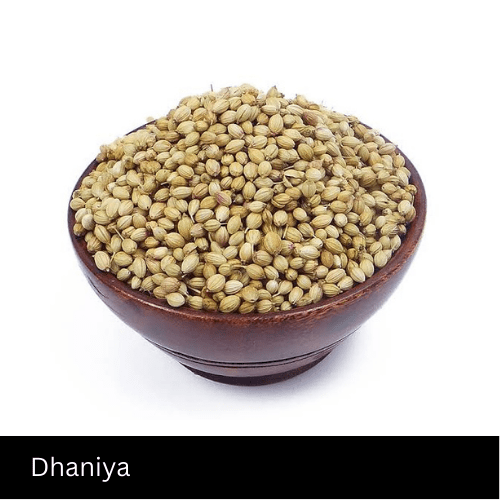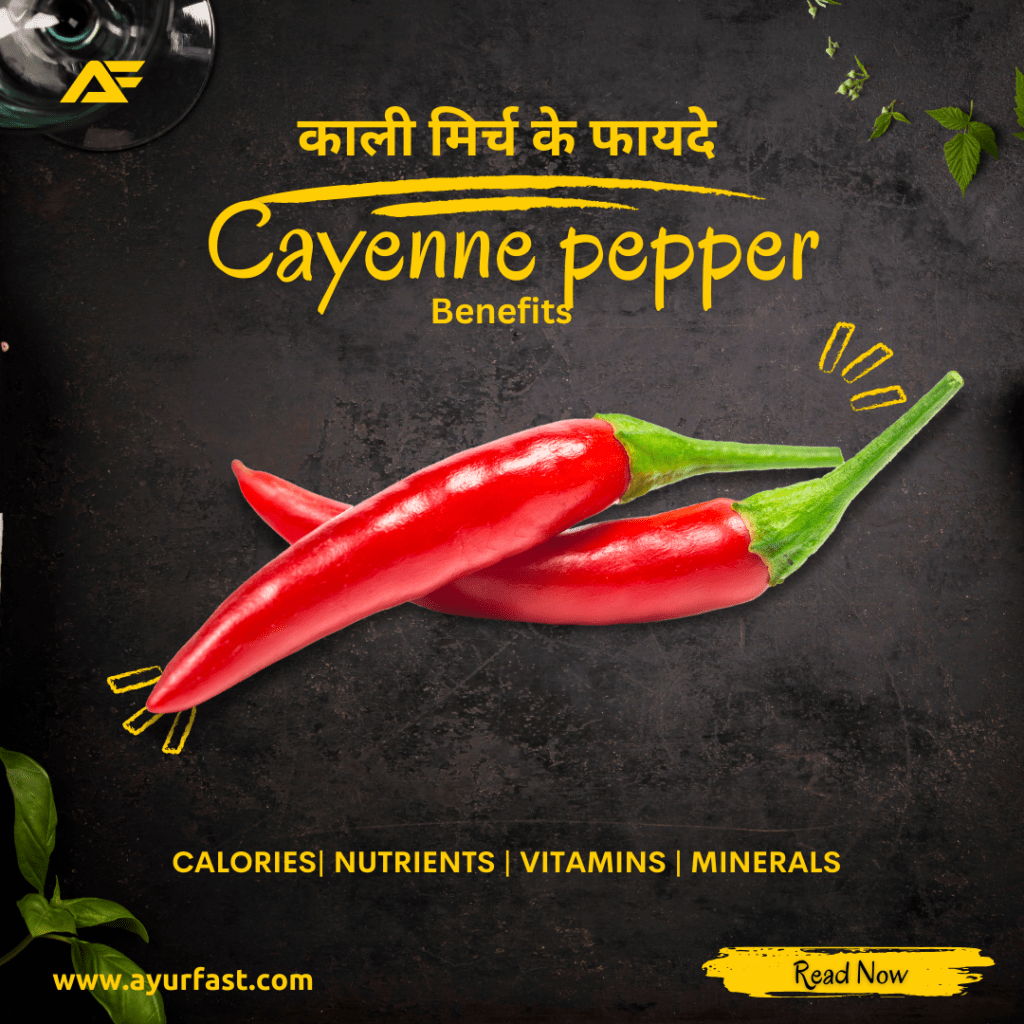Coriander, also known as cilantro or Chinese parsley, is a herb commonly used in cooking. It is native to the Mediterranean region and is widely used in many different cuisines, including Mexican, Indian, and Chinese. The leaves of the plant are used as a garnish or added to dishes for flavor, while the seeds are often used as a spice. Some people may have a genetic aversion to the taste of coriander, perceiving it as soapy or metallic.
Coriander (Coriandrum sativum) also known as Dhaniya in Hindi, is known by many different names in different languages and regions. Some other names for coriander include:
- Cilantro: This is the Spanish name for the herb and is commonly used in the United States.
- Chinese parsley: This name reflects the herb’s popularity in Chinese cuisine.
- Dhania: This is the name used in India and Pakistan.
- Kustumburi: This is the name used in Telugu.
- Kothambari: This is the name used in Kannada.
- Malli: This is the name used in Tamil and Malayalam.
- Kothimbir: This is the name used in Marathi.
- Dhane: This is the name used in Bengali.
- Chhantho: This is the name used in Nepali.
- Phak chi farang: This is the name used in Thai.
and many more names are there in different region which are used for Coriander.
- Rich in antioxidants: Coriander is a good source of antioxidants, which can help protect the body from damage caused by free radicals.
- May lower cholesterol: Coriander seeds have been found to lower cholesterol levels in animal studies.
- May help with digestion: Coriander is rich in dietary fiber, which can help promote healthy digestion.
- May have anti-inflammatory effects: Coriander has been found to have anti-inflammatory properties, which may help reduce inflammation in the body.
- May help with blood sugar control: Coriander has been found to have a beneficial effect on blood sugar control in animal studies.
- May help with blood pressure control: Coriander has been found to have a beneficial effect on blood pressure control in animal studies.
- May help with Anemia: Coriander is a good source of iron, which is essential for the formation of red blood cells.
- May help with skin health: Coriander has been found to have a beneficial effect on skin health in animal studies.
- May help with Sleep : The scent of coriander may help promote relaxation and improve sleep quality
- May help with Menstrual pain: Coriander seeds have been traditionally used to help alleviate menstrual pain and cramps.
It’s worth noting that most of the health benefits of coriander are based on animal or test-tube studies and more research is needed to confirm the potential health benefits in humans.
Coriander, also known as cilantro or dhania, has been traditionally used in Ayurvedic and Chinese medicine to treat a variety of health conditions. However, most of the potential health benefits of coriander are based on animal or test-tube studies and more research is needed to confirm its effectiveness in humans.
Some of the diseases that Coriander is believed to help with include:
- Digestive disorders: Coriander is believed to have a soothing effect on the digestive system and may help with conditions such as indigestion, bloating, and gas.
- High cholesterol: Coriander seeds have been found to lower cholesterol levels in animal studies and may help to improve heart health.
- High blood pressure: Coriander has been found to have a beneficial effect on blood pressure control in animal studies.
- Anemia: Coriander is a good source of iron, which is essential for the formation of red blood cells.
- Diabetes: Coriander has been found to have a beneficial effect on blood sugar control in animal studies.
- Skin conditions: Coriander has been found to have a beneficial effect on skin health in animal studies.
- Inflammation: Coriander has been found to have anti-inflammatory properties, which may help reduce inflammation in the body.
- Insomnia : the scent of coriander may help promote relaxation and improve sleep quality
It’s important to note that Coriander should not be used as a substitute for any medical treatment, always consult with a healthcare professional before using any herbal remedy.
Coriander, also known as cilantro or dhania, is a good source of several essential nutrients. Some of the key nutrients found in coriander include:
- Vitamin K: Coriander is an excellent source of vitamin K, which is essential for blood clotting and bone health.
- Vitamin A: Coriander is a good source of vitamin A, which is important for healthy vision and immune function.
- Vitamin C: Coriander is a good source of vitamin C, which is important for maintaining healthy skin and immune function.
- Iron: Coriander is a good source of iron, which is essential for the formation of red blood cells.
- Manganese: Coriander is a good source of manganese, which is important for bone health and metabolism.
- Calcium: Coriander contains Calcium which is important for strong bones and teeth.
- Potassium: Coriander is a good source of potassium, which is important for maintaining healthy blood pressure and hydration.
- Dietary Fiber: Coriander is rich in dietary fiber, which can help promote healthy digestion.
- Phosphorus: Coriander contains phosphorus which is important for maintaining healthy bones and teeth.
- Magnesium: Coriander contains magnesium, which is important for maintaining healthy bones and teeth.
- Folate: Coriander contains folate, which is important for cell growth and development.
- Zinc : Coriander also contains zinc, which is important for a healthy immune system, wound healing, and taste and smell.
- Copper: Coriander contains copper, which is important for healthy bones and connective tissue.
- Omega-3 fatty acids : Coriander seeds are also known to be a rich source of omega-3 fatty acids, which are beneficial for heart health.
These are some of the main nutritional components found in Coriander, and it should be noted that the nutritional value may vary depending on the method of preparation, growing conditions, etc.
Coriander, also known as cilantro or dhania, has a distinctive and unique flavor that is described as fresh, bright, and citrusy. The leaves of the plant have a strong, fragrant aroma and a delicate, slightly spicy taste, while the seeds have a more pronounced, warm, and slightly sweet flavor. The taste of coriander is often described as a mix of lemon and sage, with a hint of pepper and nuttiness.
Coriander is used in many different types of cuisine, including Mexican, Indian, Chinese, and Middle Eastern dishes. It is used to add flavor to soups, stews, curries, and marinades, as well as to garnish dishes and make chutneys. The leaves are often added fresh to dishes just before serving, while the seeds are often ground and used as a spice.
Some people may have a genetic aversion to the taste of coriander, perceiving it as soapy or metallic, it is a matter of personal preference and taste.
Coriander, also known as cilantro or dhania, contains a variety of chemical compounds that contribute to its unique flavor and potential health benefits. Some of the main chemicals found in coriander include:
- Volatile oils: Coriander is rich in volatile oils, including linalool, which is responsible for its characteristic aroma.
- Terpenoids: Coriander contains terpenoids, including pinene, terpinene, and phellandrene, which contribute to its flavor and potential health benefits.
- Flavonoids: Coriander contains flavonoids, including quercetin and kaempferol, which have antioxidant properties.
- Phenolic acids: Coriander contains phenolic acids, including caffeic acid and chlorogenic acid, which have antioxidant properties.
- Alkaloids: Coriander contains alkaloids, including corydine, which may have medicinal properties.
- Tocopherols: Coriander contains tocopherols, a type of vitamin E, which have antioxidant properties.
- Minerals : Coriander contains minerals like Iron, Manganese, Calcium and potassium
- Essential oils : Coriander seeds are known to contain essential oils like linoleic acid, and oleic acid.
These compounds work together to give Coriander its unique flavor and potential health benefits, but more research is needed to fully understand their effects.
What part of the coriander plant is used in cooking?
- The leaves and seeds of the coriander plant are used in cooking. The leaves, also known as cilantro, are often used as a garnish or added to dishes for flavor, while the seeds are often used as a spice.
What part of the coriander plant is used in cooking?
What are the health benefits of Coriander?
Can coriander be used to treat digestive disorders?
Can Coriander be used to lower cholesterol?
Can Coriander be used to lower blood pressure?
Can coriander be used to treat anemia?
- Coriander is a good source of iron, which is essential for the formation of red blood cells.
- #Coriander
- #CoriandrumSativum
- #Cilantro
- #Dhaniya
- #Herb
- #Cooking
- #Nutrition
- #HealthBenefits
- #CulinaryUses
- #TraditionalMedicine
- #Flavor
- #Aroma
- #VitaminK
- #VitaminA
- #VitaminC
- #Iron
- #Manganese
- #Calcium
- #Potassium
- #DietaryFiber
- #Phosphorus
- #Magnesium
- #Folate
- #Zinc
- #Copper
- #Omega3
- #HerbGarden
- #SpiceUpYourLife
- #CorianderLove
- #CookWithHerbs
- #HerbalMedicine
- #HerbalRemedies
- #HerbOfTheDay



